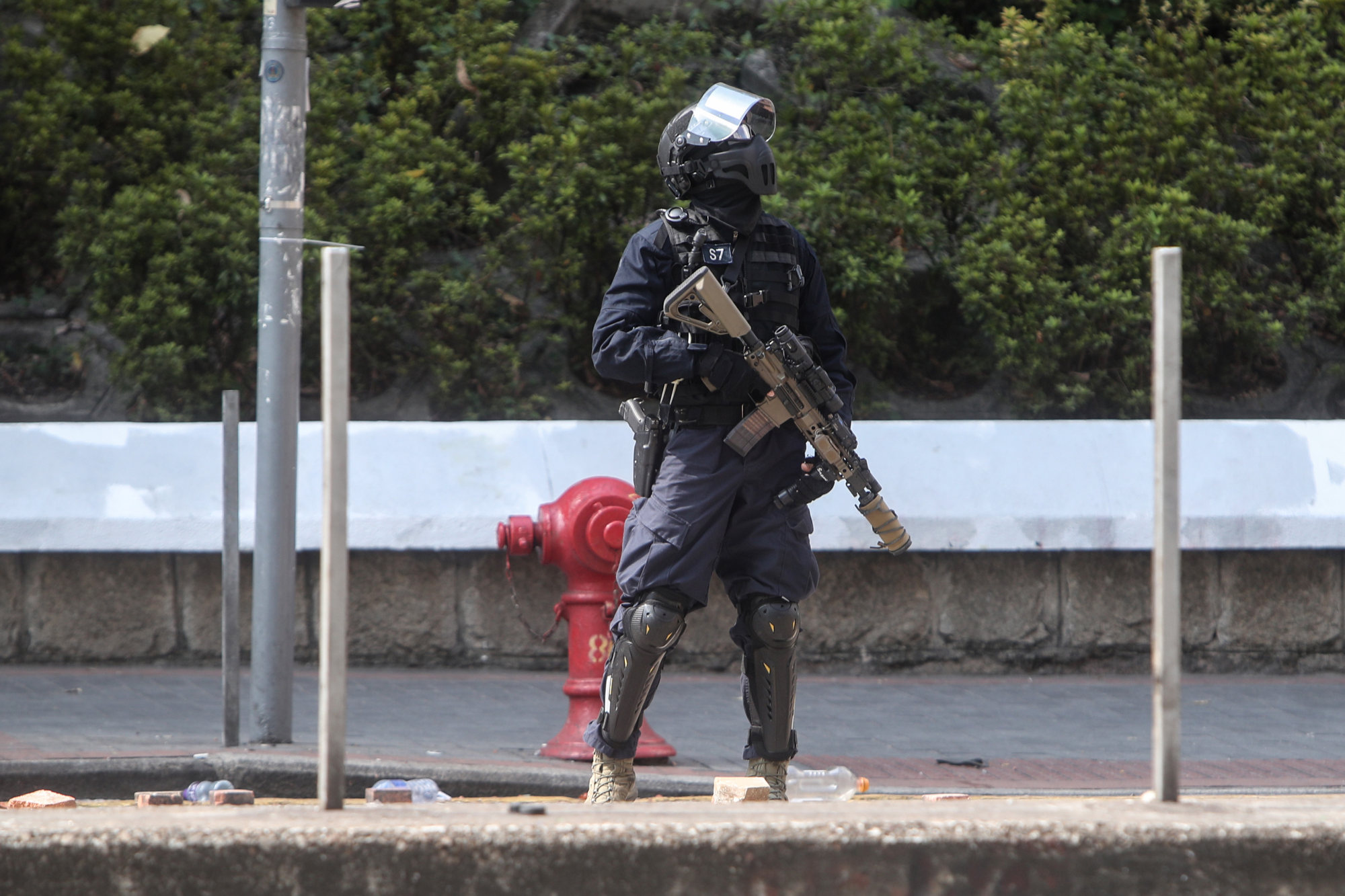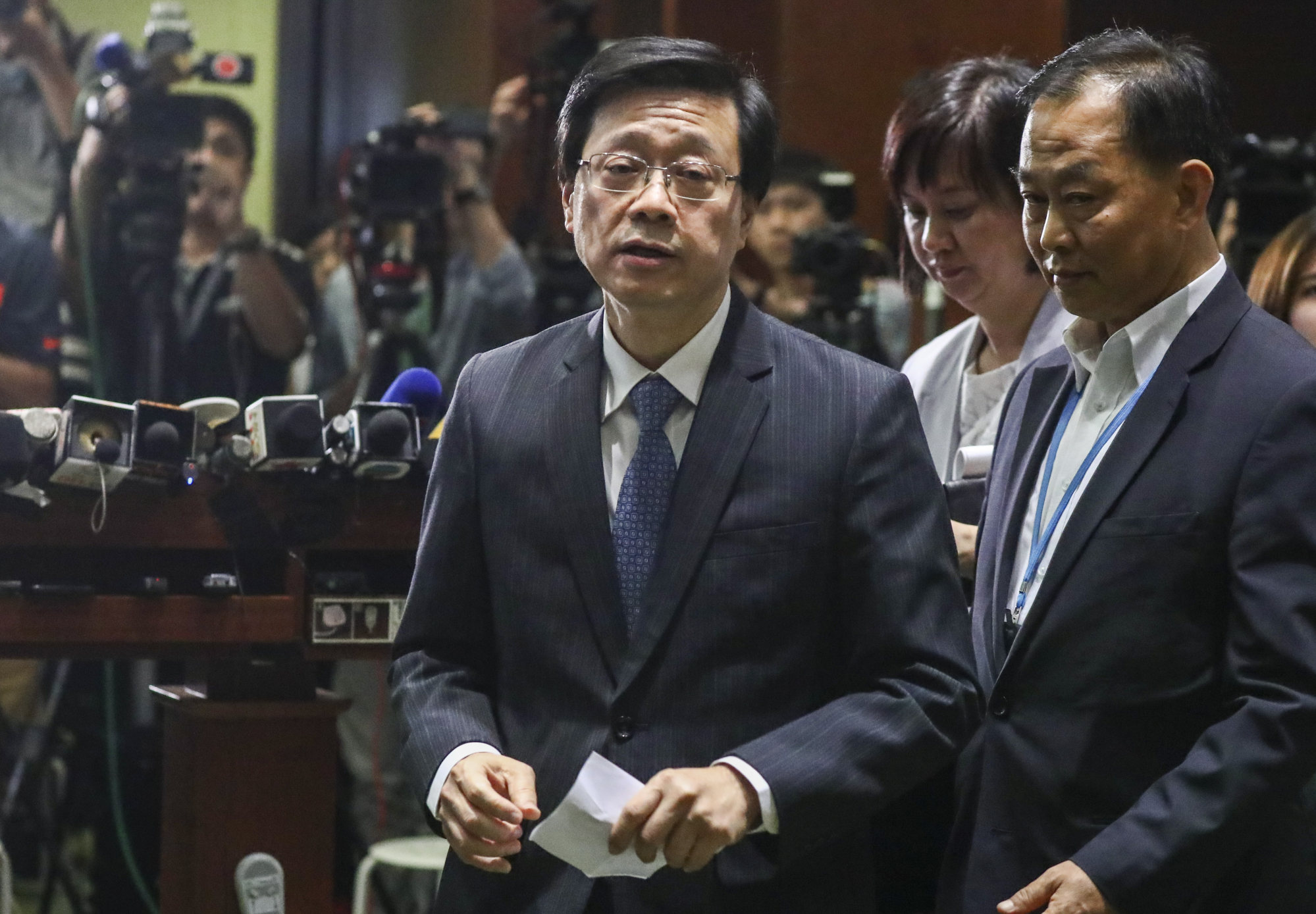
Transparency is the only way to regain lost public trust and turn things around in Hong Kong
- Truths become mutable when facts are made malleable, official statements around well-documented events are distorted and honest critics forcibly silenced
- In such circumstances, steadfast insistence on transparency in public life becomes more vitally important than ever
British economist John Maynard Keynes’ characteristically honest reflection upon his own thought processes – “When the facts change, I change my mind; what do you do, Sir?” – and those facts’ seemingly contradictory nature when observed by others over time, remains instructive.
But when historical facts don’t change – what happened in the past did actually happen – no authentic choice remains; one must stand by those earlier conclusions.
In these febrile times, truth’s inevitable mutability into falsehood inexorably follows when cold, hard facts are deliberately rendered malleable, official statements around certain well-documented events are wilfully distorted, multiple eyewitnesses are serially gaslighted and honest critics are forcibly silenced.
Steadfast insistence on transparency in public life, then, becomes more vitally important than ever.
‘Historical nihilists’ know that the truth ultimately seeps through
On a recent Middle East trade mission, Hong Kong Chief Executive John Lee Ka-chiu proclaimed to the world that Hong Kong had “no restrictions whatsoever” in terms of Covid-19-related controls.
Despite an ongoing public mask mandate, no clear timetable for discontinuation and, meanwhile, a HK$5,000 (US$635) fine for non-compliance, this flagrant eye-opener was still confidently uttered.
Whether one truly believes Lee was sincerely mistaken, or otherwise – on this and other well-documented occasions – remains a matter for individual judgment. Either way, overall optics in support of verifiable factual accuracy are, unquestionably, suboptimal.
Such unfortunate lapses only make the (already challenging) task of wanting to support our current brace of leaders even more difficult for genuine well-wishers who are otherwise only too willing to help tell “good Hong Kong stories” to the world.
Widespread public dissatisfaction with the government that ruled over them erupted in mid-2019 across Hong Kong, and swiftly metastasised into what is now euphemistically described as “social unrest”.

Various completely preventable factors – then – tragically contributed to “everything that came afterwards”. In particular, accurate third-party identification of individual Hong Kong Police officers – at a time when near-daily allegations of police brutality towards demonstrators were widely believed in Hong Kong and overseas – became almost impossible.
Genuine public trust in law-and-order bodies is earned over time by action and example, not mandated from above; overall civic confidence, painstakingly established over decades, is easily squandered.
Over a few weeks, the hitherto stellar reputation of the Hong Kong Police catastrophically plummeted; from highly respected to widely reviled within months, the force’s reputation has never recovered. But what awful misjudgments enabled this disaster in the first place?
Unthinkable, and then it happens. Again. Hong Kong in 2021
In December 2019, in this column, certain observations were made about well-documented happenings that June; just enough time for current events to merge into the recent past.
“Individual police in full ‘raptor’ gear, including face masks, respirators, body armour and Darth Vader-style helmets, could not possibly be identified in a line-up. Identification numbers, visibly positioned and which, in calm circumstances, can be indicated upon request, would help to re-establish shattered public trust in what was not so long ago a highly respected institution,” I wrote back then.
“Not unnaturally, their absence has fuelled conspiracy theories about ‘black cops’, including the now-commonplace belief in systematic police-gangster collusion.

“When grilled about this deficiency, at a Legislative Council security panel meeting in June, Hong Kong’s Secretary for Security, John Lee Ka-chiu, sat, swivel-eyed, gibbering nonsense about there being no space on the uniforms due to ‘a design change’.
“A moderately intelligent six-year-old could have come up with a more plausible denial. But, alas, as Hong Kong’s protests have trudged on, there has been no improvement in this senior official’s ‘clarifications’.”
As those famous opening lines in The Go-Between, L.P. Hartley’s 1953 novel, make clear: “The past is a foreign country; they do things differently there.” So – would one choose to write those same words today?
Tempting, it is, to immediately reply in the affirmative; after all, the underlying facts remain unchanged. But what uncertain fates might candid frankness also tempt, in these strange times?

